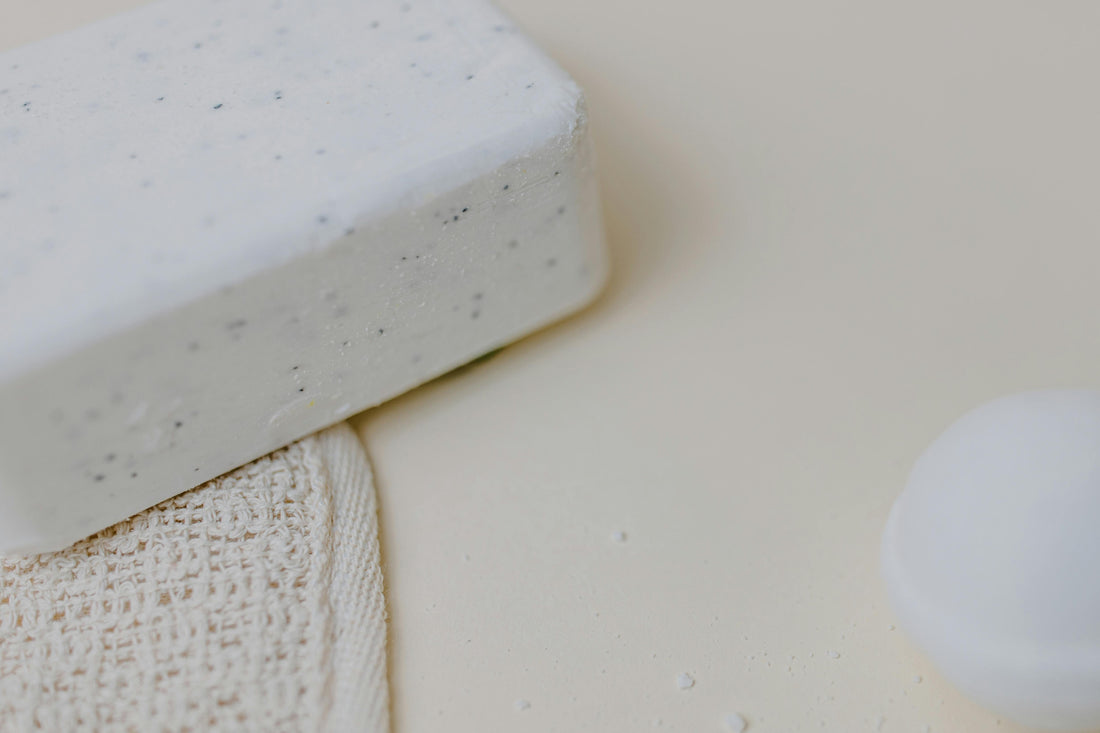
The Art of Soap Making: A Creative and Soothing Craft
Soap making has become one of the most satisfying and creative hobbies for DIY enthusiasts. Whether you're looking to reduce chemicals in your home, create one-of-a-kind gifts, or explore a new craft, making your own soap is a rewarding experience that combines art, science, and self-care.
Why Make Your Own Soap?
Handmade soap is more than just a cleaning product—it’s a personal statement. Unlike mass-produced bars, your homemade creations can be tailored to your skin type, favorite scents, and aesthetic preferences. You can avoid harsh detergents and synthetic ingredients, and instead use natural oils, herbs, and essential oils that nourish your skin.
Soap Making Basics
There are three main methods of soap making:
-
Cold Process: This traditional method involves mixing lye (sodium hydroxide) with oils. The mixture undergoes saponification, a chemical reaction that turns it into soap. It takes 4–6 weeks to cure but offers the most control over ingredients and design.
-
Hot Process: Similar to cold process, but the soap is heated to speed up saponification. It has a rustic look and is ready to use sooner—usually within a week.
-
Melt and Pour: Great for beginners, this method uses a pre-made soap base. Simply melt, customize with colors, fragrances, and additives, and pour into molds. No lye handling required!
Creative Possibilities
Soap making is a true art form. Here are some fun ways to get creative:
-
Swirling Colors: Use natural or cosmetic-safe colorants to create swirls, layers, or patterns.
-
Botanicals: Add dried lavender, rose petals, or herbs for beauty and texture.
-
Essential Oils: Scents like eucalyptus, citrus, or chamomile enhance the sensory experience.
-
Unique Molds: Go beyond the basic bar—try hearts, flowers, or even holiday-themed molds.
A Great Gift or Business Idea
Handmade soaps make thoughtful gifts for holidays, birthdays, or housewarmings. With the right packaging and branding, many hobbyists even turn their soap-making passion into a small business, selling at craft fairs, online shops, or local boutiques.
Tips for Getting Started
-
Safety First: Always wear gloves and goggles when working with lye. Work in a ventilated space.
-
Measure Precisely: Use a digital scale for accurate ingredient ratios.
-
Start Simple: Try a basic recipe with just a few oils before experimenting.
-
Keep Notes: Document each batch—what worked, what didn’t, and ideas for next time.
Final Thoughts
Soap making is a fulfilling craft that blends creativity, natural living, and the joy of handmade goods. Whether you're crafting for yourself, for gifts, or with dreams of a soap shop, it’s a hobby that cleanses more than just your skin—it’s good for the soul, too.